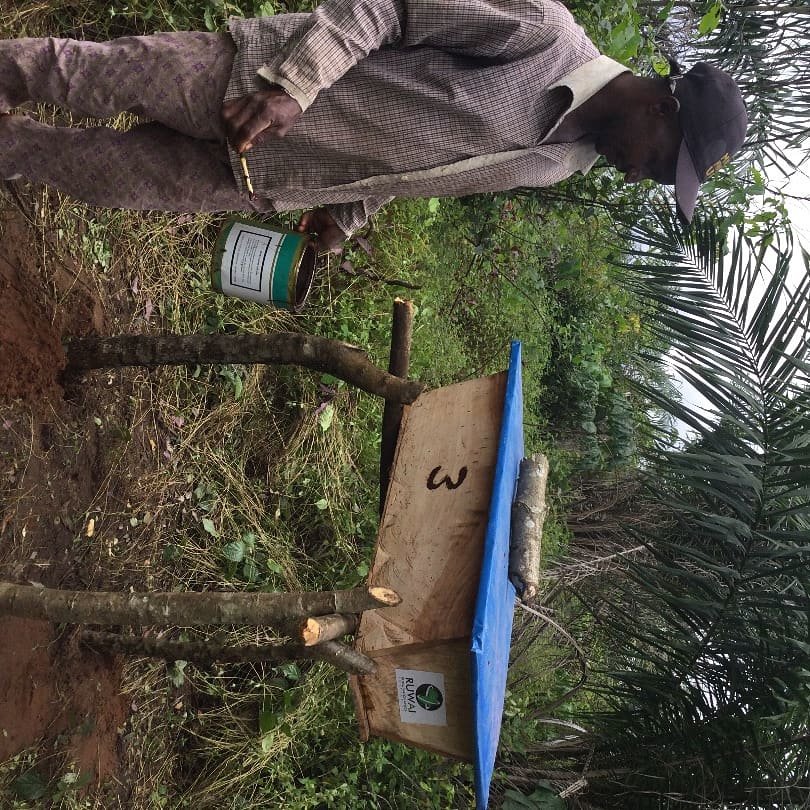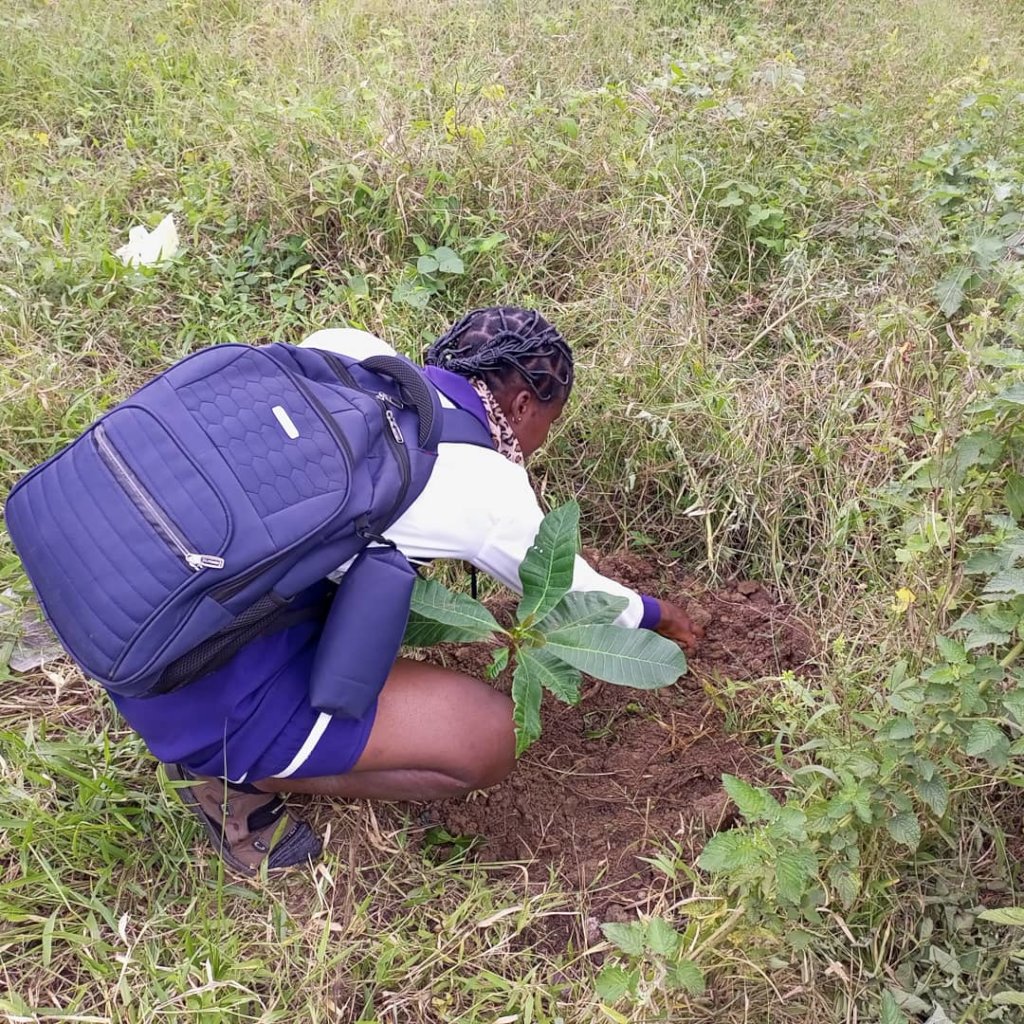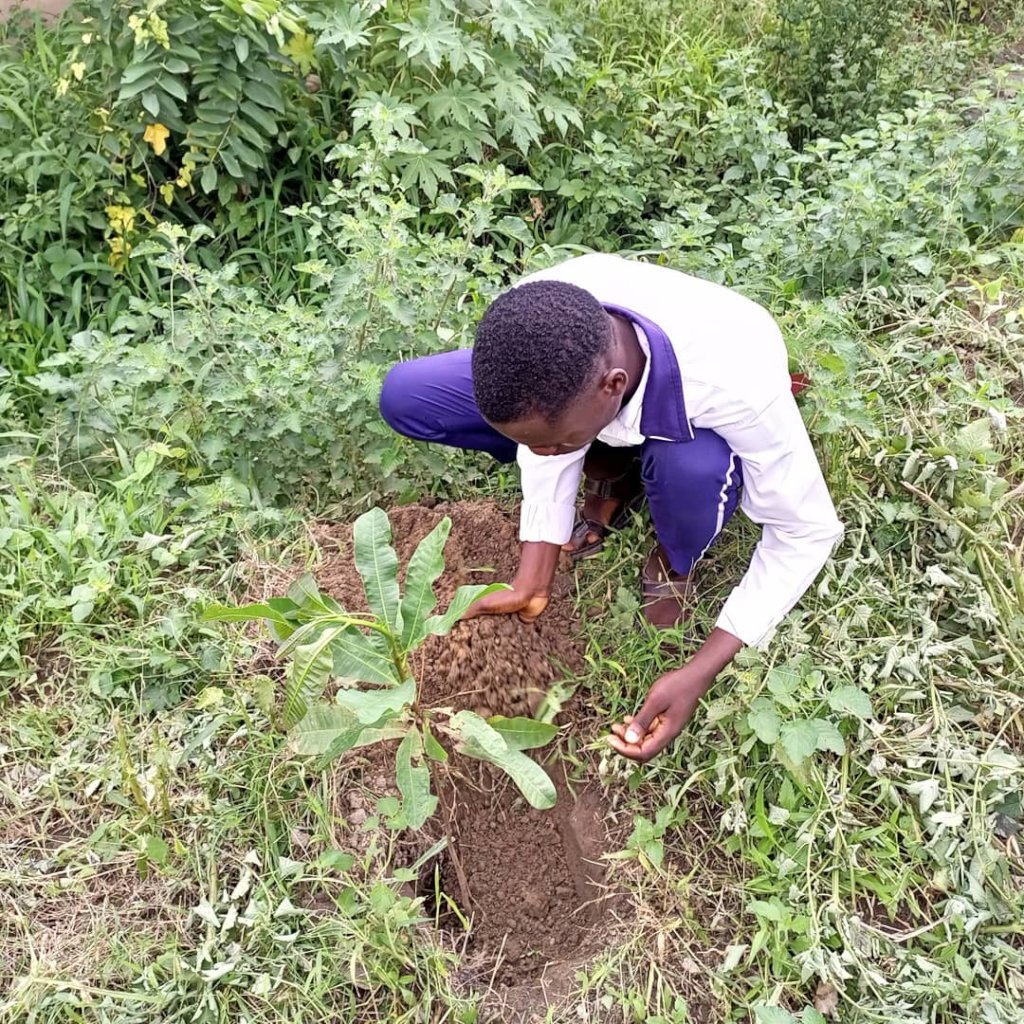![Banner]()
Banner
The economic, industrial, medicinal, pharmaceutical, nutritional, agricultural and environmental benefits of beekeeping cannot be overemphasized. These influenced the choice of the beekeeping seminar/training for the youths of Idima Abam. Idima Abam and its environs is blessed with the natural and environmental endowment for beekeeping activities. The people are great farmers in agro-culture and animal husbandry but the area of beekeeping is still very foreign and strange to most of the people; even though the success of the aforementioned two areas of agriculture are largely dependent on beekeeping.
GOALS FOR THE TRAINING
Youth Restiveness
Unemployment and idleness have been pinpointed as part of the reasons why the youth engage in societal menaces and other forms of restiveness like kidnapping, smoking of Indian herm, marijuana and other hard drug abuses. Such practices often lead to the elimination of human lives as under such influences, they lose sight of the sacredness of the human life. To curb the above, we deemed it necessary to provide this new knowledge to them in order to get them engaged in something meaningful. With beekeeping, an alternative and additional farming is provided for the youths. Some who cannot go into other areas of agriculture may see beekeeping as an option since it does not require 24 hours presence as in other aspects of animal husbandry like piggery, fishery, snailry, poultry etc. Rural Watch Africa Initiative, through the Modern Natural Beekeeping project as an alternative to sustainable livelihoods, and enhanced agro - ecological systems and biodiversity, has empowered 150 local youth, women, men and entrepreneurs, thereby reducing employment, restiveness and climate change impact among the benefiting rural areas.
Faster Economic Boost Beekeeping ensures faster economic growth.
Under normal circumstances, within the first year of engagement in beekeeping, one may have more than 100% gain from honey and other honeybee byproducts like beeswax, propolis, mead to mention but a few. One litre of petrol for instance in Nigeria today is about N161 ( $0.42) but one litre of natural pure and unadulterated honey sales from N4,500 ($11.80) to N5,000 ($13.11) depending on different locations of the country. This can turn a community into a honeybee production hub, when scaled up. Through this veritable tool to reducing poverty, unemployment, hunger and land degradation, over 300 indirect jobs have been created for the people and benefiting communities with an appreciable increase on incomes and communities economy.
BEEKEEPING AND THE ENVIRONMENT
Beekeeping impacts positively to the environment. To become a beekeeper, one automatically loves nature and would want to plant more trees and ornamental plants to provide raw materials to the bees in order to tap heavily from their activities. By so doing, the beekeeper indirectly beautifies the environment by the flowering plants and trees planted. In addition, the presence of the numerous trees and plants protects the surface of the earth from being washed away by erosion and denudation. Part of what we suffer recently in this part of the world is deforestation. Further, in order not to lose his bee colonies, the beekeeper does all possible to avoid bush burning. Through bush burning, the micro-organisms in the soil that speed up soil microbial activities leading to heavy agricultural produce are destroyed.
BEEKEEPING AND FOOD SECURITY
If all bees are destroyed, life on earth may not last beyond the next four years. This position was attributed to Albert Einstein who says: “Destroy all the bees on earth and humanity has only four years to live”. Though there are many other agents of pollination yet, bees have been reckoned as the most effective agents of pollination. A honeybee can visit between 18 to 20 flowers in a minute. The pollinating rate by bees travels like the speed of light. Most nutritious and vitamin-based fruits are pollinated by the honeybees. Such fruits include apple, almond to mention but a few. Again, the multiplying rate of the honeybee is very amazing. It take about 21 days for a queen-bee to emerge and after a mating flight in the air, the queen-bee returns to the colony, laying between 1,500 to 2,000 eggs daily for the next 3 to 4 years. The fertilized eggs mature to honeybees within the next 16 days. This is why the bees grow in population within a small duration. Thus, we can have between 60,000 to 90,000 bees in a matured colony. Hence, their numerous and teaming presence increases pollination activities ensuring food productivity. In the United States of America and Europe, beekeepers are paid to convey their bee-colonies to farms for pollination activities of about 3 weeks. In addition to the money the beekeeper receives for this services, his bees at the end store up honey for him which he harvests and makes extra money. This is why we encourage people to go into beekeeping. In so many parts of the globe recently, there is decrease in food productivity due to the incessant use of harmful pesticides and herbicides that are daily decreasing the honeybee population. In summary, if we have the presence of more bees, there is bound to be increase in agricultural yields thereby ensuring FOOD SECURITY.
![Equipment]()
Equipment
![A cross-section of participants]()
A cross-section of participants
![Trainer]()
Trainer
![Participants during the RUWAI Beekeeping Training]()
Participants during the RUWAI Beekeeping Training
Links:
Attachments:
![Share on Twitter]()
![Share on Facebook]()








